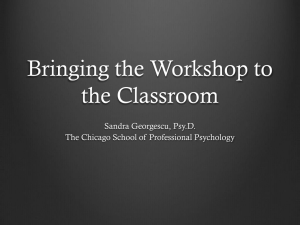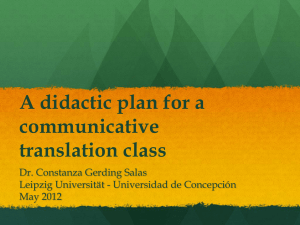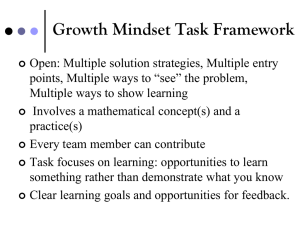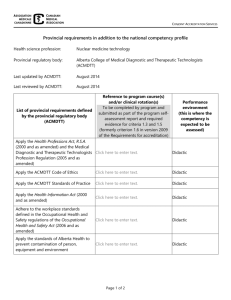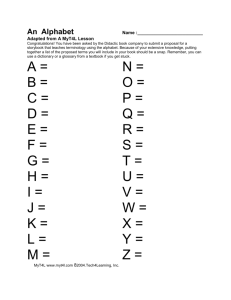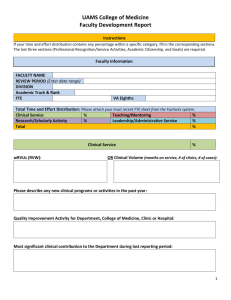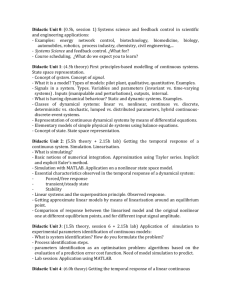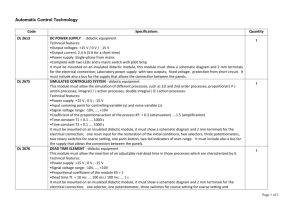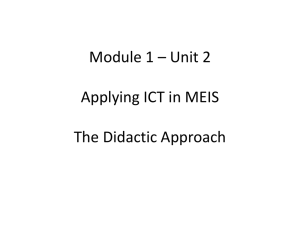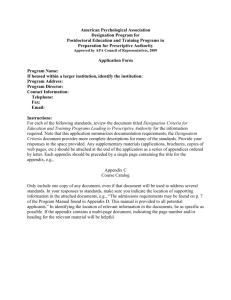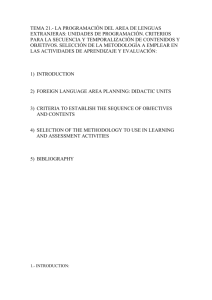scholarly concentration approval form
advertisement
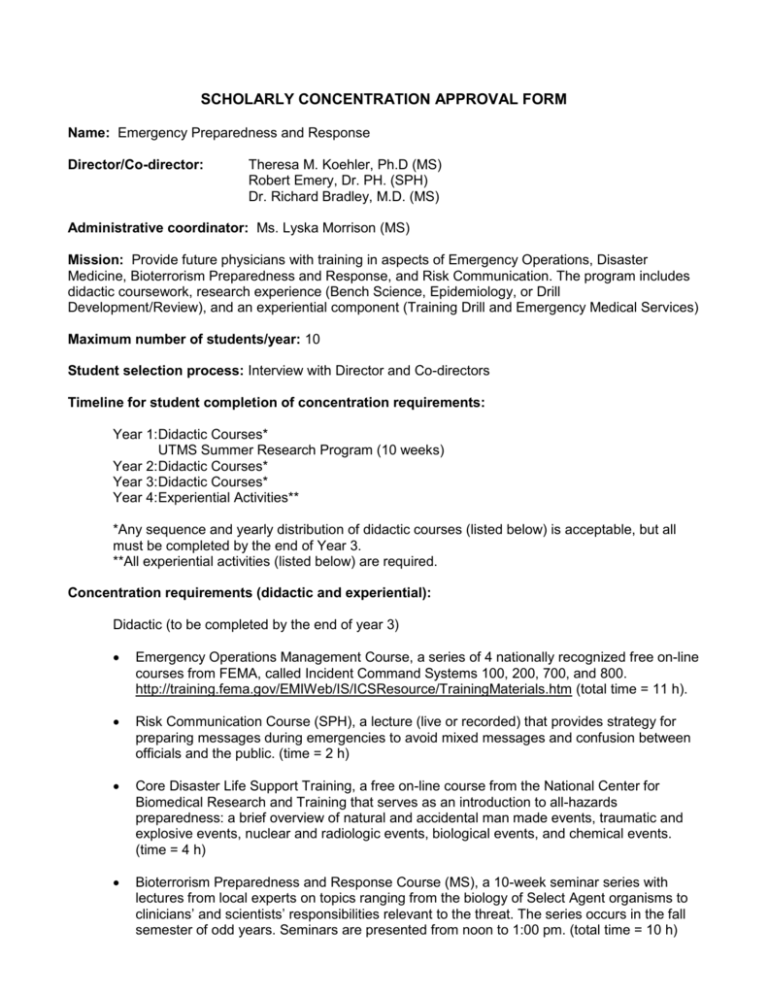
SCHOLARLY CONCENTRATION APPROVAL FORM Name: Emergency Preparedness and Response Director/Co-director: Theresa M. Koehler, Ph.D (MS) Robert Emery, Dr. PH. (SPH) Dr. Richard Bradley, M.D. (MS) Administrative coordinator: Ms. Lyska Morrison (MS) Mission: Provide future physicians with training in aspects of Emergency Operations, Disaster Medicine, Bioterrorism Preparedness and Response, and Risk Communication. The program includes didactic coursework, research experience (Bench Science, Epidemiology, or Drill Development/Review), and an experiential component (Training Drill and Emergency Medical Services) Maximum number of students/year: 10 Student selection process: Interview with Director and Co-directors Timeline for student completion of concentration requirements: Year 1: Didactic Courses* UTMS Summer Research Program (10 weeks) Year 2: Didactic Courses* Year 3: Didactic Courses* Year 4: Experiential Activities** *Any sequence and yearly distribution of didactic courses (listed below) is acceptable, but all must be completed by the end of Year 3. **All experiential activities (listed below) are required. Concentration requirements (didactic and experiential): Didactic (to be completed by the end of year 3) Emergency Operations Management Course, a series of 4 nationally recognized free on-line courses from FEMA, called Incident Command Systems 100, 200, 700, and 800. http://training.fema.gov/EMIWeb/IS/ICSResource/TrainingMaterials.htm (total time = 11 h). Risk Communication Course (SPH), a lecture (live or recorded) that provides strategy for preparing messages during emergencies to avoid mixed messages and confusion between officials and the public. (time = 2 h) Core Disaster Life Support Training, a free on-line course from the National Center for Biomedical Research and Training that serves as an introduction to all-hazards preparedness: a brief overview of natural and accidental man made events, traumatic and explosive events, nuclear and radiologic events, biological events, and chemical events. (time = 4 h) Bioterrorism Preparedness and Response Course (MS), a 10-week seminar series with lectures from local experts on topics ranging from the biology of Select Agent organisms to clinicians’ and scientists’ responsibilities relevant to the threat. The series occurs in the fall semester of odd years. Seminars are presented from noon to 1:00 pm. (total time = 10 h) Experiential Participation in a Training Drill (biological, chemical, or radiation) of the Texas State Guard, Texas Task Force One Urban Search and Rescue, or a Medical Reserve Core Unit (generally these occur monthly, advance notice required) Participation in the planning and execution of a hospital emergency exercise Elective - Emergency Medical Services and Disaster Medicine (year 4) Scholarly projects* a) indicate the types of faculty-mentored student scholarly projects available to students (e.g., basic research, clinical research, public health analysis, curriculum development, literature review, etc.): UTMS Summer Research Program (SRP). Project may be Bench Science, Epidemiology, or Development/Review of a Training Drill. A 2-3 page proposal must be submitted to the directors for approval. Research may continue beyond Year 1 summer if desired or necessary. Students will apply for funding from the SRP. Students who are not awarded funding from the SRP, may be funded by the PI’s grant. b) indicate the procedure used to review and evaluate the students scholarly projects and outcomes (scholarly product): Deliverables will include an abstract, a poster presentation, and a student-authored manuscript. c) indicate strategies for dissemination of the scholarly product: The abstract will be submitted to the Summer Research Program. The poster will be presented in the Summer Research Program Poster Session (Fall of year 2). The poster may be presented at other local or national conferences as the discretion of the research advisor. The paper may be submitted to a peer-reviewed journal in the field or (more likely) data from the paper may be combined with data from other related research for submission of a co-authored manuscript. Scholarly Concentration Faculty Faculty Name Theresa M. Koehler Richard N. Bradley Robert Emery Other faculty may mentor research projects upon approval by the Directors An advisory committee, consisting of 4-5 additional faculty members will be formed Contribution(s) to Concentration Bench Research and Didactic Teaching Emergency Medical Services and Disaster Medicine Elective and Didactic Teaching Public Health Research and Didactic Teaching
